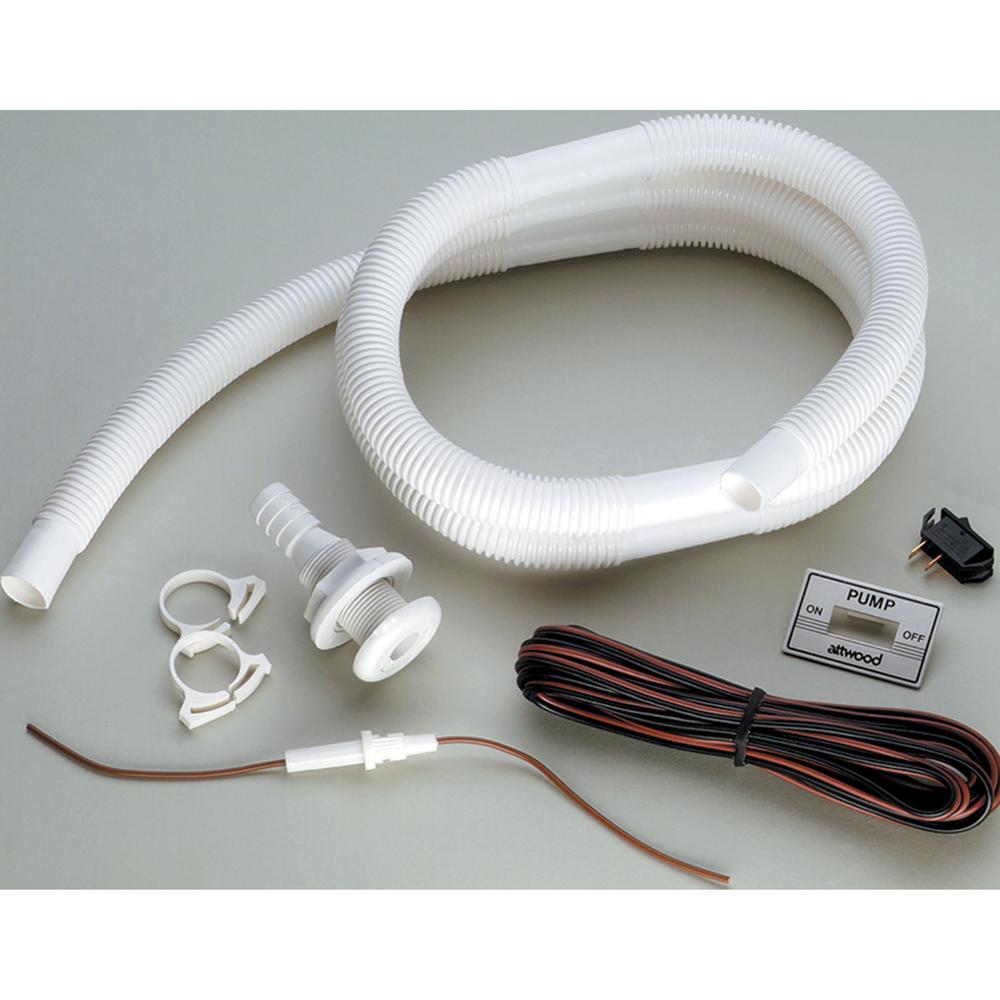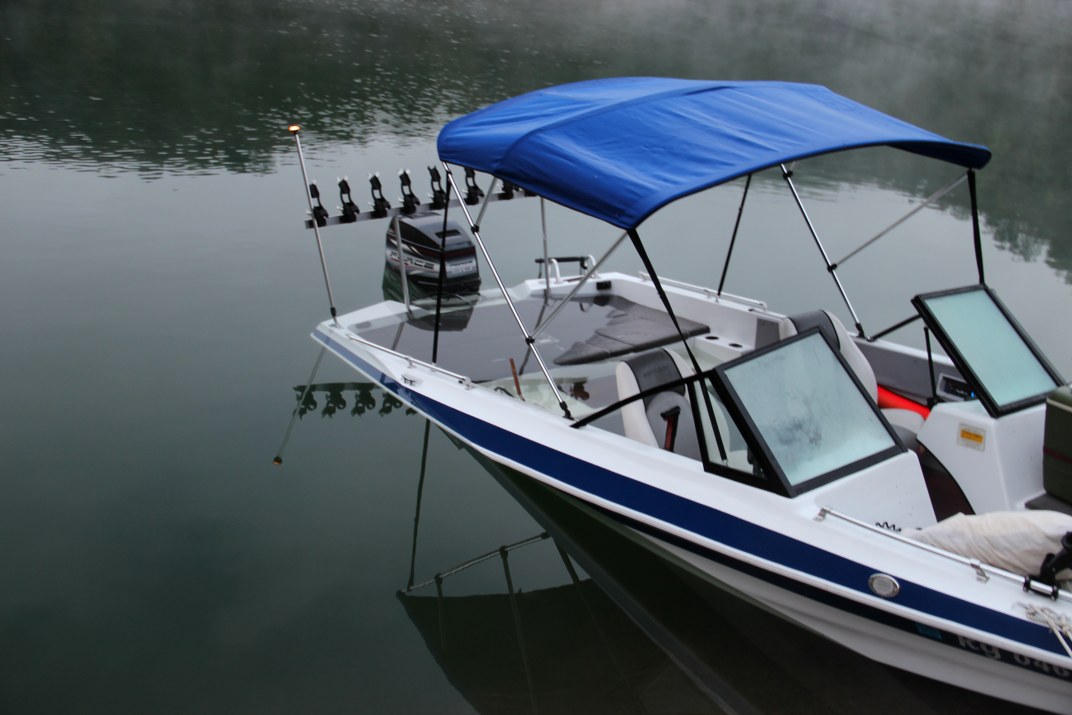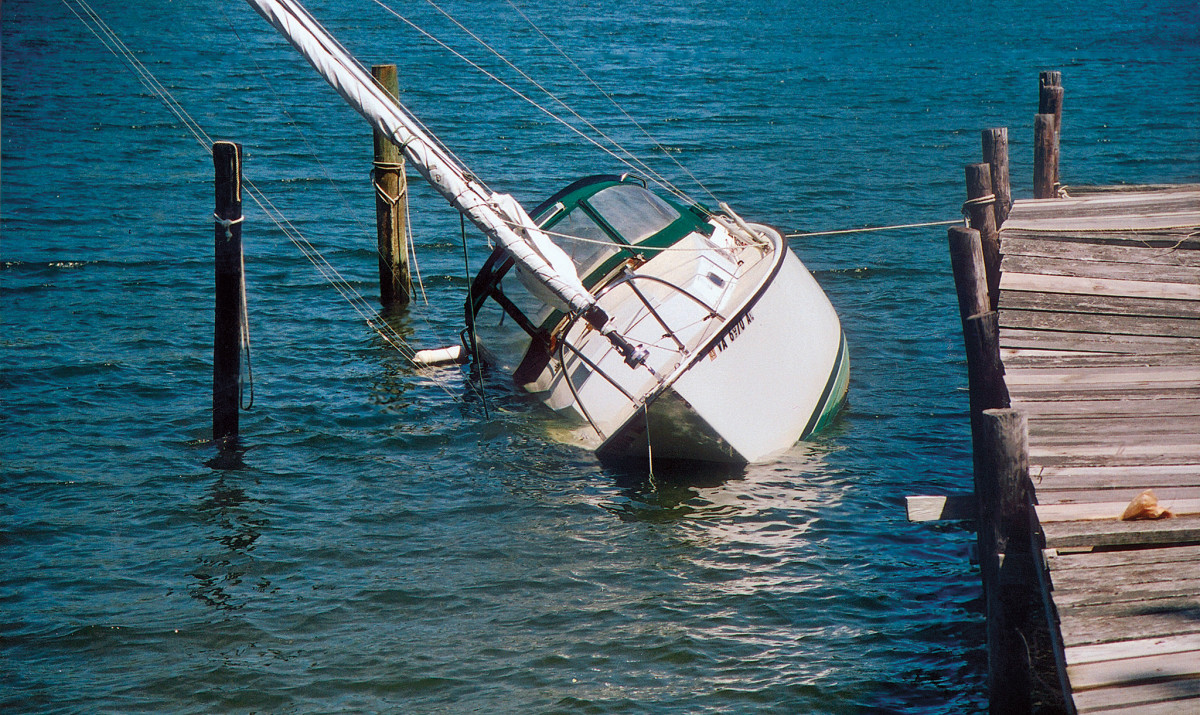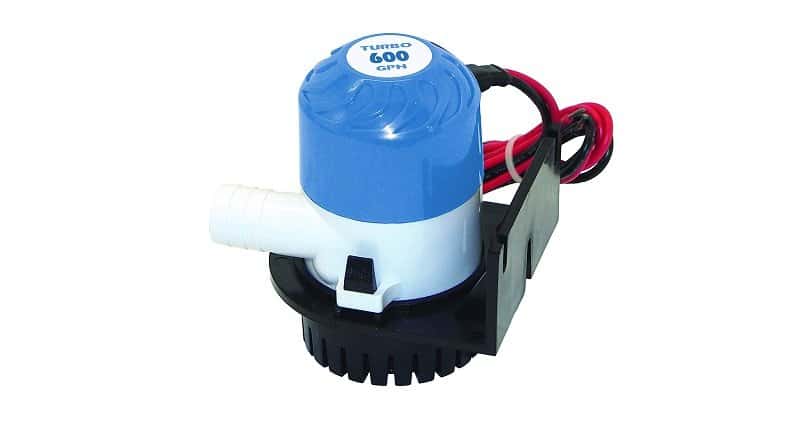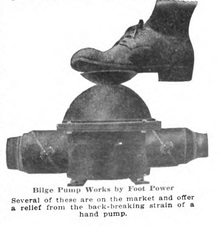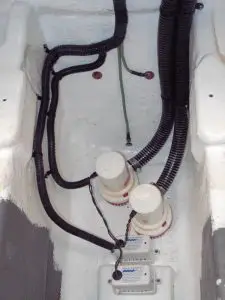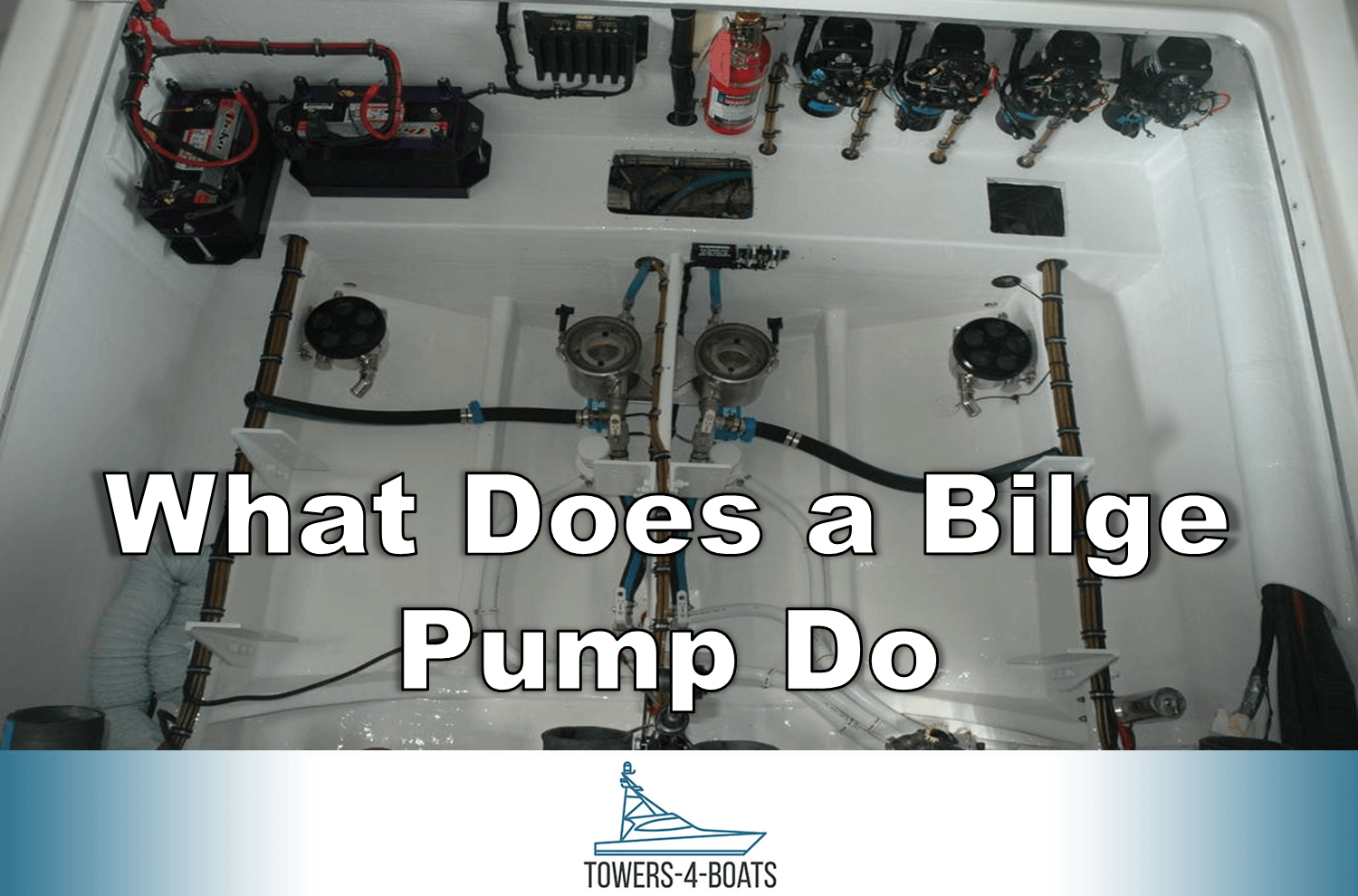The bilge pump serves to evacuate accumulated water and oil from your boat. Since fuel can be present in the bilge electric bilge pumps are designed to not cause sparks.
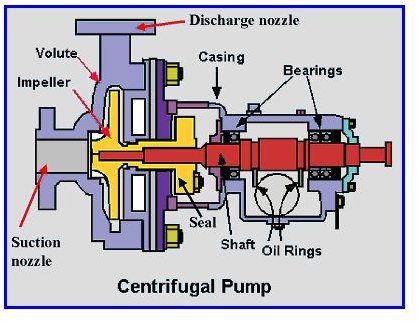
How Does A Bilge Pump Work Bright Hub Engineering
What does a bilge pump do. Bilge pumps are placed in the hold or lower levels of a ship to remove accumulated water from the lowest portions of the vessel. The rate of flow provided by a reciprocating type is lesser than that of the centrifugal type. The bilge forms the joint where two sides of a ship or boat connects. A bilge pump gets unwanted water off or out of a boat. After entering the fluid radially enters the impeller vanes. Ship or boat owners install bilge pumps at the lowest possible level of the ship below the sea surface in an area called the bilge.
Since bilge pumps can fail use of a backup pump is often advised. As a result of the impeller rotation there is an increase in the velocity of the liquid. Electric bilge pumps are often fitted with float switches which turn on the pump when the bilge fills to a set level. A bilge pump is a water pump used to remove bilge water. Also the mechanism and construction of a reciprocating pump is extremely complicated for a pump used for such important purpose. How does a bilge pump work the liquid gets into the pump using the impeller center which is in other terms referred to as the eye of the impeller.
During normal operation it provides a convenient way to keep your boat dray. A bilge pump found on a ship is generally a reciprocating type or a centrifugal type. It can buy time in potentially hazardous situations like a major storm or a leak from hull damage keeping you and your passengers safe until repairs can be made. This unwanted water known as nuisance water could be caused by a catastrophic failure of a through hull fitting a boat collision or even taking on water during a storm.


